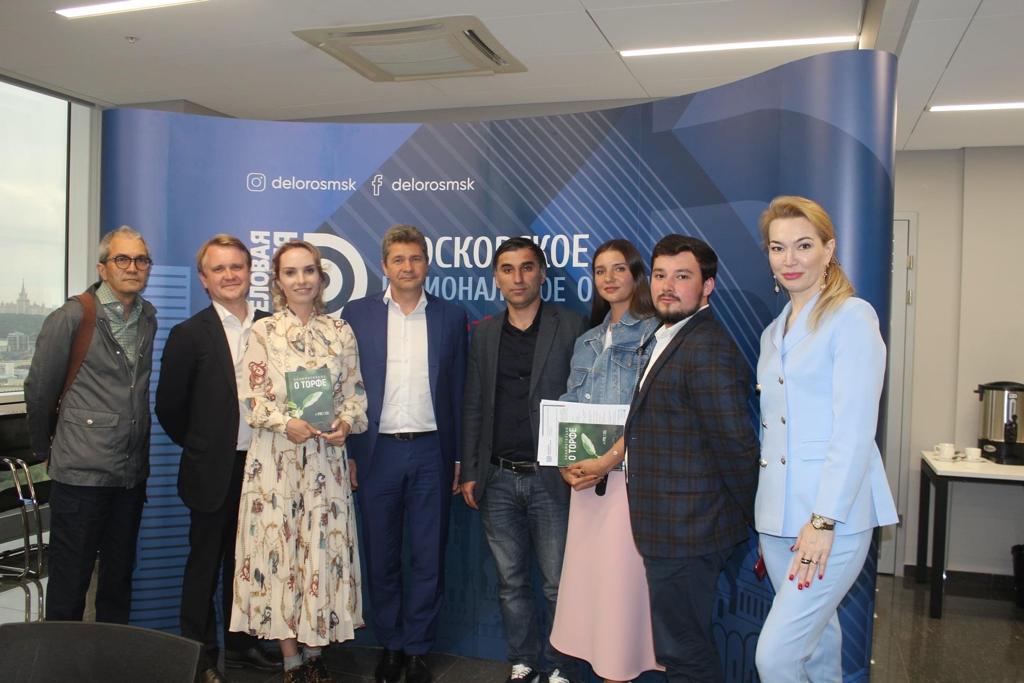

In the Moscow “Business Russia” a committee on the agro-industrial complex and the development of the agricultural industry has been created. His agenda will include several issues that are relevant for the development of the Russian agro-industrial complex. The committee was headed by the General Director of the Russian Peat Company Group of Companies Sergei Merzlyakov.

“Moscow is the largest consumer of food in Russia, and it is around the Moscow hub that most technologies and pilot projects in the field of agriculture are concentrated,” noted Co-Chairman of “Business Russia” Moscow Eduard Gulyan. “I believe that the Committee of MRO “Business Russia” for the agro-industrial complex great prospects.” He urged not to forget about the export component of the economy and to include at least 50% of work for export in projects.
The key role of the Moscow agglomeration as a consumer of agricultural products was noted in his welcoming speech by Gennady Ordenov, Member of the Federation Council Committee on Agricultural and Food Policy and Environmental Management. “When people of action get together and take on the solution of such important issues for the country, results always appear,” emphasized G. Ordenov. “He called on the new committee of the MRO “Business Russia” to be included in the agenda of the Senate, part of which are issues of logistics, GMOs, pricing and ecology “.
“The Committee on the Agro-Industrial Complex and Development of the Agricultural Industry was created to develop this sector of the economy. Working together will definitely lead us to our goals – I am sure that we will be able to facilitate and improve the work of businessmen in our country,” shared Sergei Merzlyakov.
Among the goals of the Committee, which S. Merzlyakov outlined in his speech, are the involvement of the Land Fund of the Russian Federation in the turnover, increasing fertility and soil reclamation, development of the peat industry, development of futures transactions in the food market and food marketplace, issues of competitive access to retail chains, development of transport infrastructures and transportation, logistics, customs regulation, R&D and training for the agricultural industry.